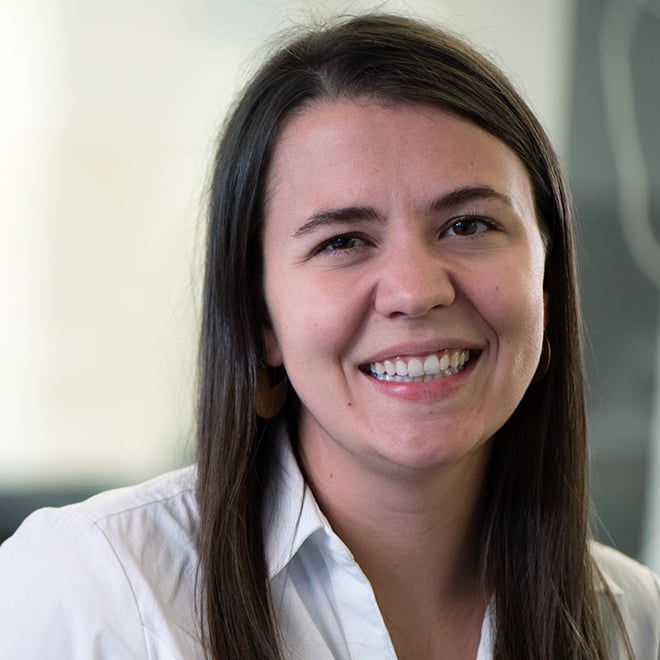At the 2018 Eduventures Summit in Boston, a panel of representatives from Harvard Business School, ArtCenter College of Design, Moravian College, and Extension Engine discussed the following tenet:
In a crowded market, higher ed institutions should create online learning that is differentiated, conforms to their core pedagogy, and delivers great learner experience.
While that sounds good and obvious in theory, for insight on this idea in actual practice we turned to four diverse thought leaders and experts from institutions who have either created, are in the process of developing, or are just beginning to produce custom online learning experiences.
You can watch the panel discussion here, or continue reading for a brief recap.
Build on your differentiators
The online learning market is crowded. U.S. News and World Report recently published its ranking of the best online MBA programs. The list featured 282 schools with online master’s degree programs in business administration. In December 2017, this number was 251, meaning 31 new online MBA programs were launched in the past six months.
It’s no longer enough to fashion a generic program by taking a traditional classroom course and converting it into a series of videos, PDFs, and PowerPoint slides. Your online learning program is an extension of your brand, so it’s crucial to deliver the same value and feel of your institution’s in-house coursework.
Start with pedagogy
At Extension Engine, we have a saying: pedagogy over platform. Your online learning experience should not be limited by the capabilities of your learning management system (LMS).
When we asked the panelists about pedagogy — how you teach or how your students learn — they described their pedagogy (if they have one) and how it plays into creating their online learning experiences.
The case method pedagogy has defined Harvard Business School since the early twentieth century. However, this famous differentiator proved difficult to translate from the brick-and-mortar environment to the online space due to the limitations of existing online platforms.
Similarly, ArtCenter College of Design needed to overcome the challenges of conveying their studio-based teaching, learning, and assessment model into an online environment.
Moravian College, however, realized the importance of having a defined pedagogy, studio-based teaching, in determining their vision and goals for online learning. This has become an important part of their design and planning process.
Define the desired learner experience
In these cases, school leaders had a vision. Each needed to determine the learner experience they wanted to provide. Then a discovery process revealed issues and limitations for getting there — and starting points for addressing them.
At Harvard Business School’s HBX, the case method is dependent on interaction with instructors, but using faculty members was not possible for the desired scalability. Still, this is the lens through which students see Harvard, and they need to deliver “the Harvard experience.”
ArtCenter uses a very hands-on approach — a studio-based teaching, learning, and assessment model is a foundation to their programs. Because current commercial tools could not support their live culture of community critique, many faculty members believed a traditional online program would compromise the design esthetic.
Overcome the obstacles
The creation of a custom online learning experience evolves in the process of discovery, planning, and development. Each school has unique challenges that require unique approaches for solving them.
Scalability at HBX, which initially seemed to be a hurdle, was actually a vehicle for the solution. They utilized crowdsourcing, which works well in a large enough group. Students can draw on the varying degrees of knowledge and experience of other students. The peer interaction provided by a customized platform allows for the case method learning experience, in keeping with Harvard’s established course structure.
ArtCenter is utilizing prototyping by beta-testing a non-degree class — a transportation design class for beginning and intermediate students in a pre-admissions market. Grouping lessons into “nodes” allows students to build a project in manageable chunks and provides frequent points for feedback and critique.
At Moravian College, the school leaders landed on a strategy that targets regional adult learners for degree completion and graduate programs. They are offering some “freemium” content, which allows consumers to sample select course learning free of charge.
“Online you” is still you
This is a path being forged: online learning is the lens through which students experience your institution.
These three pillars for online learning — differentiation, pedagogy, and striving for a unique learning experience — can help institutions stand out in a crowded market.
Keep Learning
The University of Notre Dame also recognized the need for differentiation in online learning and understood the limitations of an off-the-shelf learning management system.


